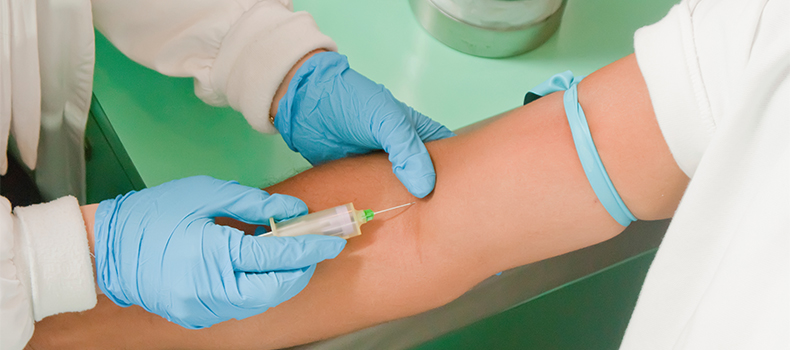Mastering the Art of Phlebotomy: Skills, Tools, and Career Insights for Aspiring Technicians
Phlebotomy, the practice of drawing blood for medical tests, blood donations, or research, is a crucial skill in the healthcare field. As healthcare practices evolve, the demand for skilled phlebotomy technicians continues to rise. This guide will delve into the essential skills, tools, and career insights necessary for aspiring phlebotomists, providing valuable information to help you succeed.
Understanding Phlebotomy
Phlebotomy technicians are responsible for collecting blood samples from patients while ensuring their comfort and safety. The blood drawn serves various purposes, including diagnoses, treatments, and ensuring blood availability for transfusions.
Essential Skills for Phlebotomy Technicians
To excel in phlebotomy, certain skills are critical. Here’s a detailed list:
- Technical Skills: Proficiency in using phlebotomy tools and techniques.
- Interpersonal Skills: Ability to communicate effectively with patients and medical personnel.
- Attention to Detail: Precision in collecting and labeling samples is vital.
- Problem-Solving Skills: Ability to address and resolve challenges during blood draws.
- Empathy: Understanding and addressing patient concerns and anxieties.
Tools of the Trade
Understanding the tools used in phlebotomy is essential for any aspiring technician. Here’s a quick overview:
| Tool | Purpose |
|---|---|
| Needles | For drawing blood from veins |
| Blood Collection Tubes | To store and transport blood samples |
| Tourniquet | To make veins more visible |
| Alcohol Swabs | For disinfecting the skin |
| PPE (Personal Protective Equipment) | To ensure safety and hygiene |
Benefits of a Career in Phlebotomy
Choosing a career in phlebotomy comes with several benefits:
- Short Training Period: Many phlebotomy programs last only a few months.
- High Demand: The healthcare industry constantly seeks skilled phlebotomists.
- Job Flexibility: Phlebotomists can work in various settings, such as hospitals, clinics, and labs.
- Patient Interaction: Enjoy meaningful connections with patients while helping them.
Practical Tips for Aspiring Phlebotomists
Here are some practical tips to help you develop your phlebotomy skills:
- Enroll in an accredited phlebotomy training program.
- Gain hands-on experience through internships or clinical practice.
- Keep abreast of the latest techniques and technologies in phlebotomy.
- Consider certifications, such as those from the American Society for Clinical Pathology (ASCP).
- Develop strong communication skills through practice and training.
Case Study: A Day in the Life of a Phlebotomist
“Being a phlebotomist is rewarding. Every day, I meet new patients and help them during difficult times. I’ve become fluent in both technical skills and interpersonal relations, which makes my job enjoyable.” - Jane Doe, Certified Phlebotomist.
This case study reflects the emotional and professional satisfaction many phlebotomists experience. Through skillfully drawn blood, phlebotomists play an integral role in patient care.
Becoming Certified: Steps to Take
If you’re ready to become a certified phlebotomy technician, follow these steps:
- Complete a state-approved phlebotomy training program.
- Obtain clinical experience, which usually involves a specific number of successful blood draws.
- Prepare for and pass the phlebotomy certification exam.
- Consider ongoing education to keep your skills current.
Job Outlook and Career Opportunities
The job outlook for phlebotomy technicians is overwhelmingly positive. The U.S. Bureau of Labor Statistics projects a growth rate of around 22% from 2020 to 2030. This growth is attributed to an aging population that requires more medical testing and services.
Career opportunities include:
- Hospital Phlebotomist
- Mobile Phlebotomist
- Laboratory Technician
- Blood Donation Center Phlebotomist
Conclusion
Mastering the art of phlebotomy requires a blend of technical skills, interpersonal abilities, and the right tools. As the healthcare field continues to grow, pursuing a career in phlebotomy offers a stable and rewarding pathway. By honing your skills, understanding the necessary tools, and staying aware of industry trends, you can position yourself as a successful phlebotomy technician dedicated to patient care.
Are you ready to take the plunge into the world of phlebotomy? Equip yourself with knowledge, practice on your skills, and you will undoubtedly excel in this vital healthcare profession.
